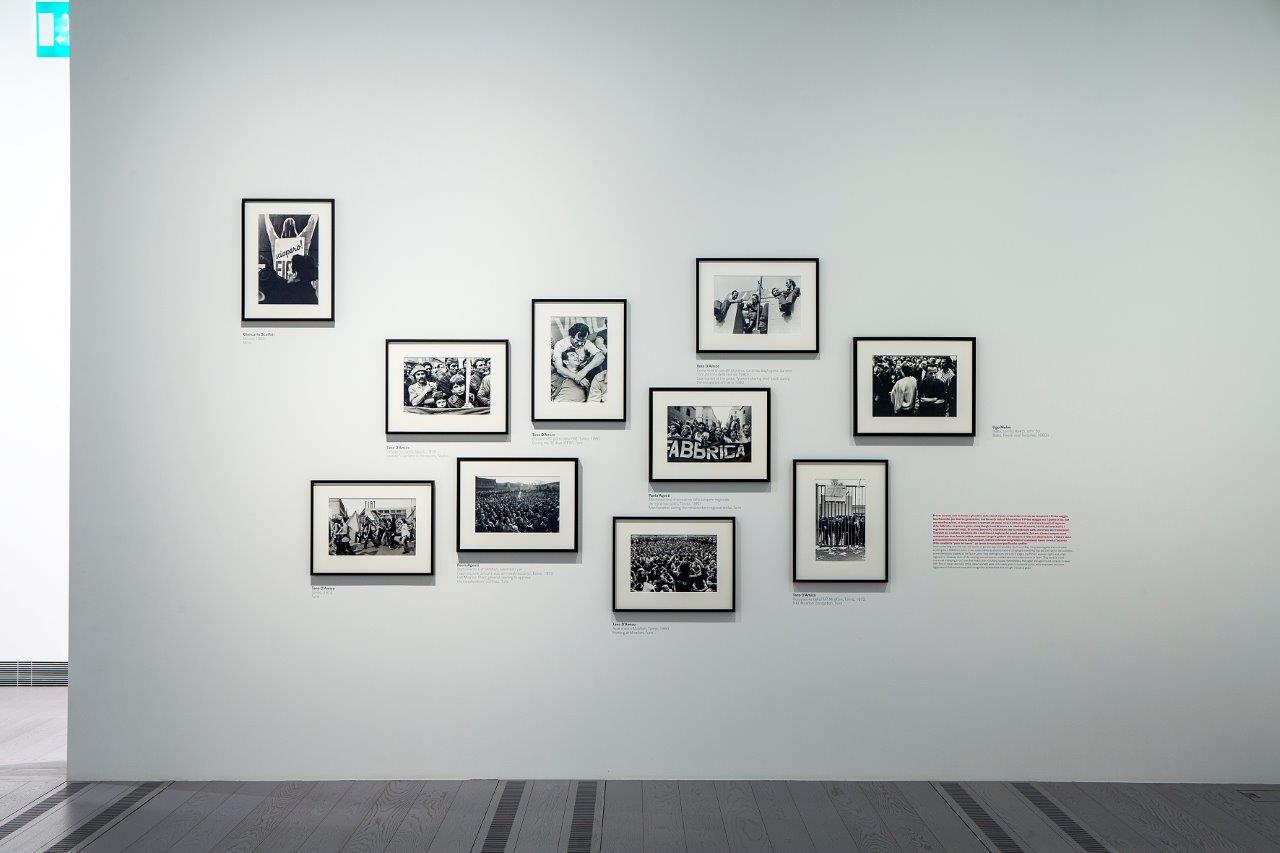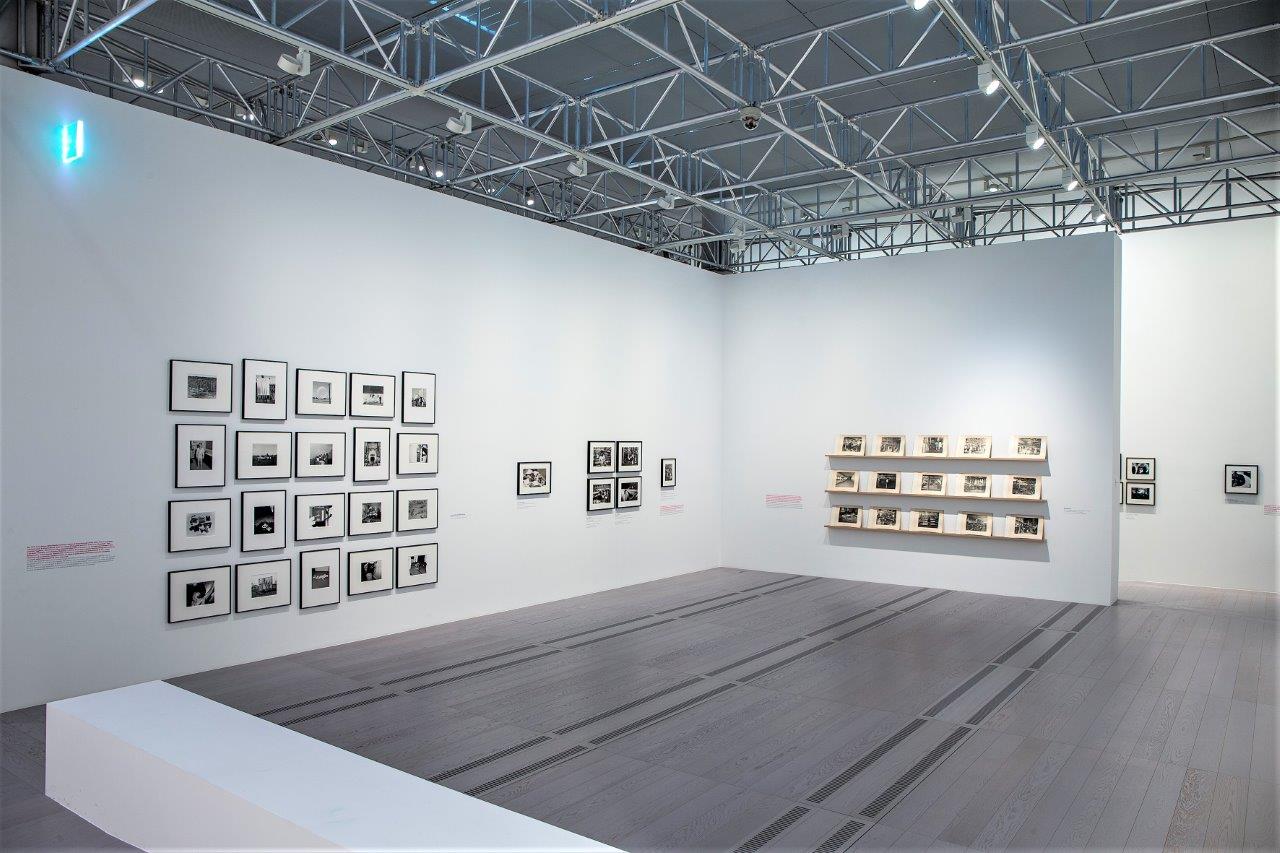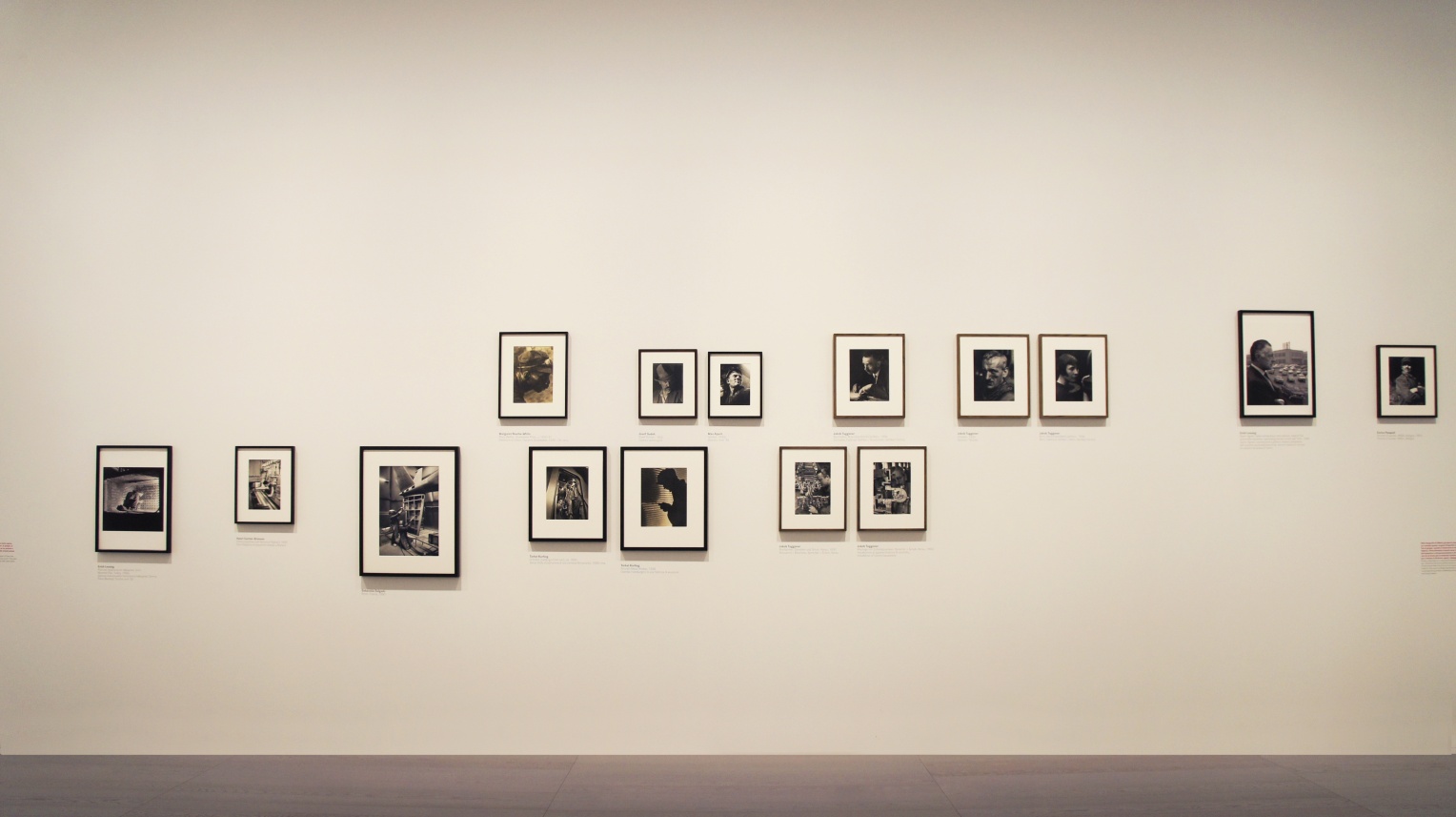[HR]
Human Resources in Industries
Le Risorse Umane nell'Industria
Industrialisation has fundamentally changed the reality of life, from the middle of the 18th century first in Europe, since then throughout the world. The change was so strong that we use the term industrial revolution. Agricultural and artisanal forms of work were gradually supplemented and replaced by industrial forms of production over the course of 250 years. In the meantime, industrialisation has not only affected the primary and secondary sectors, the extraction of raw materials and processing, but also services, leisure and cultural industries and waste management.
However, industrialisation has not only revolutionised the national economy; it has revolutionised the whole of society, our knowledge, thinking, acting and even our whole lives. Before it, life and work were determined by nature and life cycles. Seasons, sunrise and sunset determined the rhythm of the day and the year. With it, production now determines the rhythm, prescribes when people get up and go to work. This is why we speak of factory time: for the first time the industry has quantified and regulated working life, with the work bell, with controls at the entrance and finally with the stamp clock.
But it has also changed the way people work and thus the relationship between town and country. Traditionally, living and working were one unit, taking place in the same place, at least within the same radius. Industrialisation and the associated supply of labour force people to travel ever longer distances to work, including migration. The balance of power shifted from rural to urban.
Industrialization has also freed people, for example many farmers from the yoke of serfdom, or loosened the rigid, strict rules of the crafts guilds. Only with it does hygiene become an issue, only with it does progress become an issue. But all these advances often had a hard price: the prosperity of some was bought with the pauperization, the impoverishment of another part of the population.
Industry has turned people's lives upside down. But conversely, industry is unthinkable without people, without workers. In any case, until recently, until the latest push of automation, digitally controlled production, man and machine, industry and workers were a large, close unit. And the personnel manager was and is an important authority in every company.
This unity, this bond, led to the fact that large industries, machine industries, for example, function like their own communities. 200, 250 or even 300 different professions are practised in them, and hordes of apprentices are trained. Catering is offered in canteens or today in staff restaurants. Since 1900, welfare homes have offered showers and baths as well as entertainment and education. Many football clubs bear the name of one company: Bayer Lever-kusen is just one example among many.
In the past and present, industries fall apart into branches that handle their personnel, workers and employees very carefully and responsibly and really do everything for the safety and health of human resources, as it is called today, and into branches that hardly care about who, how, when and under what conditions is employed. Accordingly, the relationship between employers and employees is marked by many negotiations, demands, disputes and strikes, in which human labor relations, greater security, more wages and shorter working hours are the main concerns. The history of industry is also the history of industrial action.
The exhibition [HR] - Human Resources in Industries, with around 160 photographs (commissioned photographs, socially committed photographs and artistic positions) from the collection of the Fondazione MAST, is dedicated to the various questions from the past and present of industries and workers, industries and employees, of human resources and human capital.
Curator: Urs Stahel




